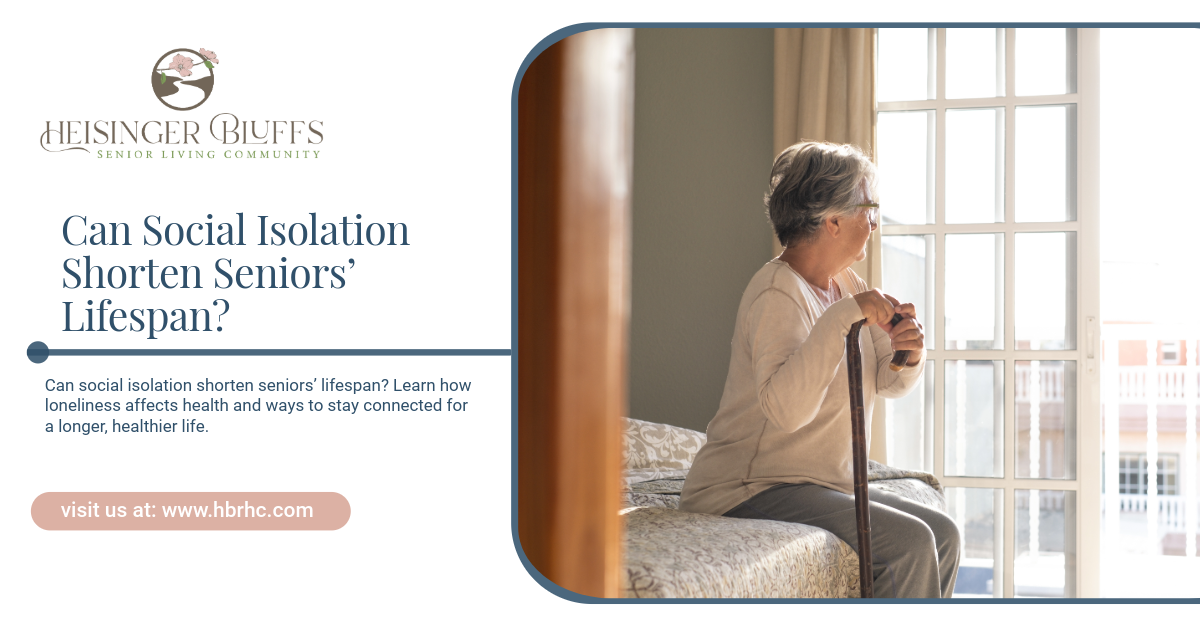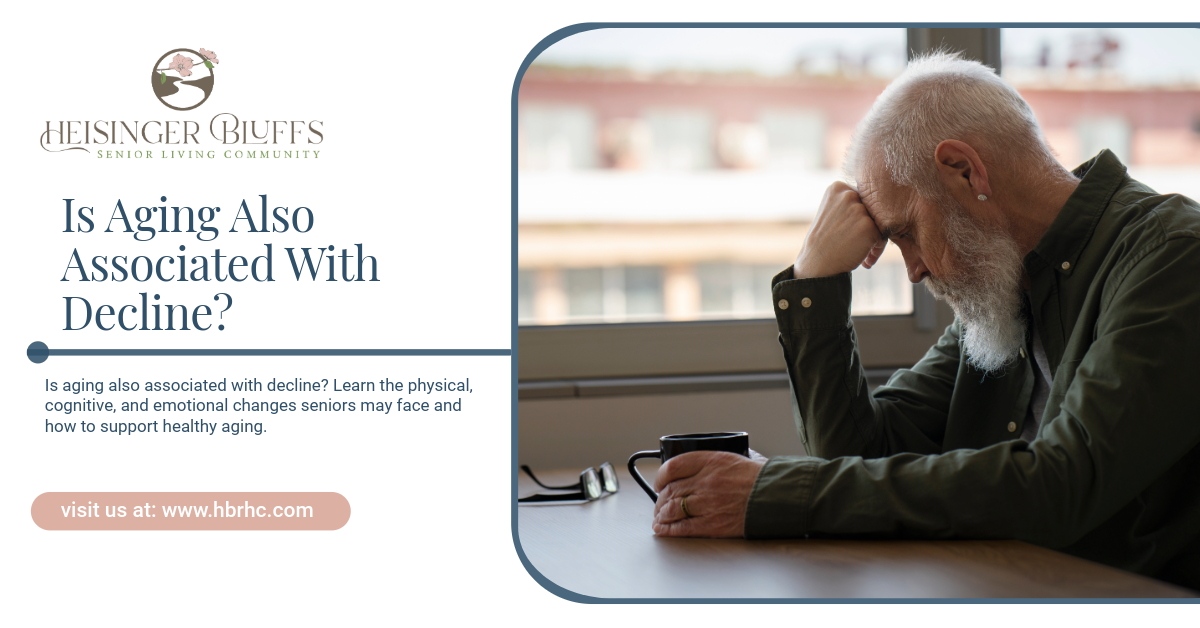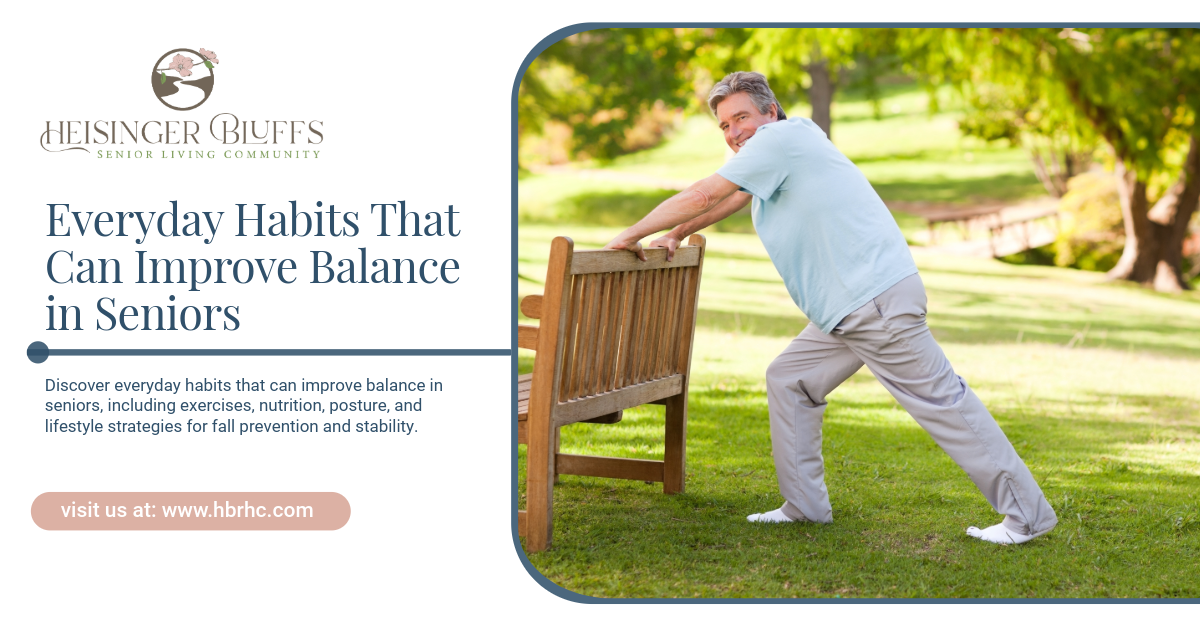Relaxation and Stress-Relief Activities for Senior Living Communities

Key Highlights
- Engaging in relaxation activities improves mental and physical health for seniors.
- Mindfulness practices and meditation reduce stress and enhance focus.
- Gentle physical activities like yoga, tai chi, and walking support overall well-being.
- Creative and recreational hobbies provide mental stimulation and joy.
- Social and community activities strengthen connections and reduce feelings of isolation.
- Incorporating daily relaxation routines creates a sense of calm and consistency.
Relaxation and Stress-Relief Activities for Seniors
As we age, managing stress and maintaining mental and physical well-being becomes increasingly important. Senior living communities offer a variety of programs and activities designed to support relaxation and reduce stress, helping residents feel happier, healthier, and more connected. By engaging in these activities, seniors can enjoy improved sleep, lower anxiety levels, enhanced focus, and an overall sense of calm.
1. Mindfulness and Meditation
Mindfulness and meditation are highly effective ways for seniors to reduce stress and maintain emotional balance.
- Guided meditation sessions: Led by instructors or via apps, these sessions help residents focus on breathing and body awareness.
- Deep-breathing exercises: Simple techniques like diaphragmatic breathing can reduce tension and lower heart rate.
- Mindfulness walks: Encourages paying attention to surroundings, nature, and bodily sensations to stay present.
2. Gentle Physical Activities
Physical movement not only supports physical health but also relieves mental stress.
- Chair yoga: Adapted yoga poses help with flexibility, balance, and relaxation without strain.
- Tai chi: Combines gentle movement with meditation, improving balance and reducing anxiety.
- Walking clubs: Casual strolls in gardens or community spaces offer exercise and social interaction.
Physical Activities for Stress Relief
| Activity | Benefits for Seniors | Tips for Safe Practice |
|---|---|---|
| Chair Yoga | Increases flexibility, reduces stress | Use stable chairs, move slowly, follow guidance |
| Tai Chi | Enhances balance, mental calm | Attend beginner-friendly classes |
| Walking Clubs | Promotes cardiovascular health, social connection | Wear comfortable shoes, walk in pairs/groups |
| Stretching | Relieves tension, improves circulation | Stretch daily, avoid overexertion |
3. Creative and Recreational Hobbies
Engaging in hobbies provides mental stimulation and a sense of accomplishment.
- Arts and crafts: Painting, knitting, or pottery encourage self-expression.
- Music therapy: Listening to or playing music can soothe the mind and uplift mood.
- Puzzles and games: Activities like crosswords, card games, or board games improve cognitive function and provide enjoyment.
4. Social Interaction and Community Engagement
Strong social connections help seniors reduce stress and improve overall well-being.
- Group activities: Exercise classes, book clubs, or hobby groups create shared experiences.
- Social events: Tea parties, communal meals, and seasonal celebrations foster community.
- Volunteer opportunities: Helping others provides purpose and enhances emotional health.
5. Relaxation Spaces and Environment
The environment itself can influence relaxation and stress levels.
- Quiet rooms: Spaces designated for meditation, reading, or reflection.
- Outdoor areas: Gardens, patios, or walking paths provide fresh air and nature exposure.
- Sensory-friendly spaces: Incorporating soothing lighting, gentle sounds, and comfortable seating creates calm zones.
6. Aromatherapy and Sensory Activities
Sensory experiences can have a calming effect on residents.
- Essential oils: Scents like lavender, chamomile, and eucalyptus may reduce anxiety.
- Soothing music and nature sounds: Playing calming sounds can lower stress and encourage relaxation.
- Tactile activities: Handling textured objects or soft fabrics can be comforting.
7. Routine and Mindful Practices
Consistency in daily routines helps seniors manage stress effectively.
- Scheduled relaxation times: Short sessions of meditation, breathing exercises, or reading daily can reduce anxiety.
- Journaling: Writing thoughts or gratitude entries supports mental clarity and emotional health.
- Sleep hygiene: Maintaining consistent sleep schedules and comfortable bedtime routines improves overall well-being.
8. Technology-Assisted Relaxation
Modern technology can help seniors manage stress and stay engaged.
- Apps for meditation and mindfulness: Offer guided sessions tailored to seniors.
- Virtual exercise classes: Seniors can participate in yoga, tai chi, or stretching from their apartment.
- Digital photo frames or music players: Provide familiar comforts and enhance emotional well-being.
Combining Activities for Maximum Benefits
A balanced approach combining physical, creative, social, and mindfulness activities ensures residents enjoy comprehensive stress relief. Residents who incorporate a variety of activities into daily routines often report:
- Lower levels of anxiety and depression
- Improved focus and mental clarity
- Stronger social connections
- Enhanced sense of independence and purpose
By encouraging participation in multiple types of activities, seniors can develop a well-rounded approach to relaxation and stress relief.
At Heisinger Bluffs, residents benefit from thoughtfully designed programs and spaces that prioritize relaxation, wellness, and community engagement. From meditation rooms and walking paths to creative workshops and social clubs, seniors have access to numerous opportunities to manage stress, enjoy hobbies, and maintain a calm, fulfilling lifestyle. Reach out today!
Frequently Asked Questions
What types of relaxation activities are best for seniors with limited mobility?
Chair yoga, tai chi, guided meditation, and light stretching are excellent low-impact options.
How often should seniors engage in stress-relief activities?
Daily practice is ideal, even if sessions are short (10–20 minutes), to maintain consistency and benefits.
Can music therapy really reduce stress in seniors?
Yes. Listening to or playing music can lower blood pressure, improve mood, and promote relaxation.
How do social activities help with stress relief?
Engaging with peers reduces feelings of isolation, encourages emotional support, and boosts mental well-being.
Are there any safety considerations for physical stress-relief activities?
Yes. Seniors should use stable surfaces, wear comfortable footwear, avoid overexertion, and follow guidance from instructors.
Sources:
- https://www.ncoa.org/older-adults/health/lifestyle/wellness-activities/meditation/
- https://pmc.ncbi.nlm.nih.gov/articles/PMC9902068/
- https://www.health.harvard.edu/mind-and-mood/having-a-hobby-tied-to-happiness-and-well-being
- https://www.cdc.gov/social-connectedness/about/index.html
- https://pmc.ncbi.nlm.nih.gov/articles/PMC6378489/











